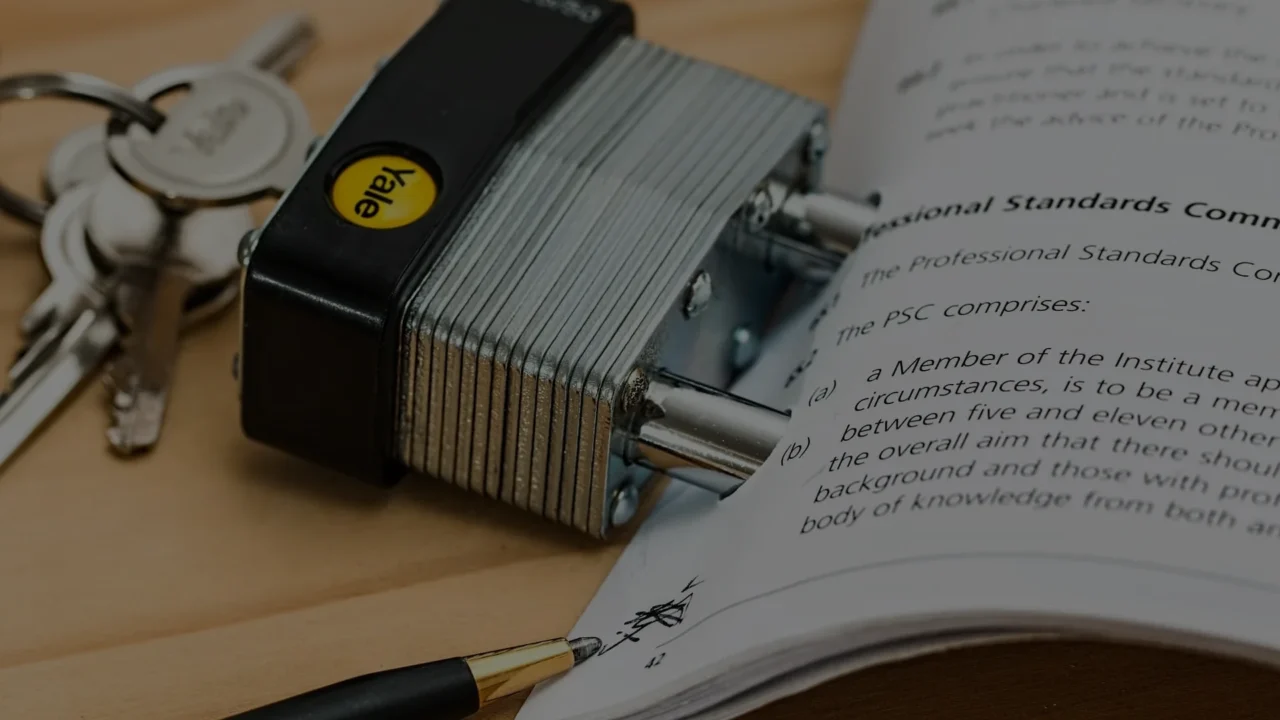Property taxresidential propertyVATVAT TaxationVAT Taxation on rental of residential property. Warsaw, April 16, 2020
Rental of residential properties may be subject to three different VAT taxation regimes: (a) exemption; (b) the 23% VAT rate and (c) the 8% VAT rate (so-called accommodation related services).





